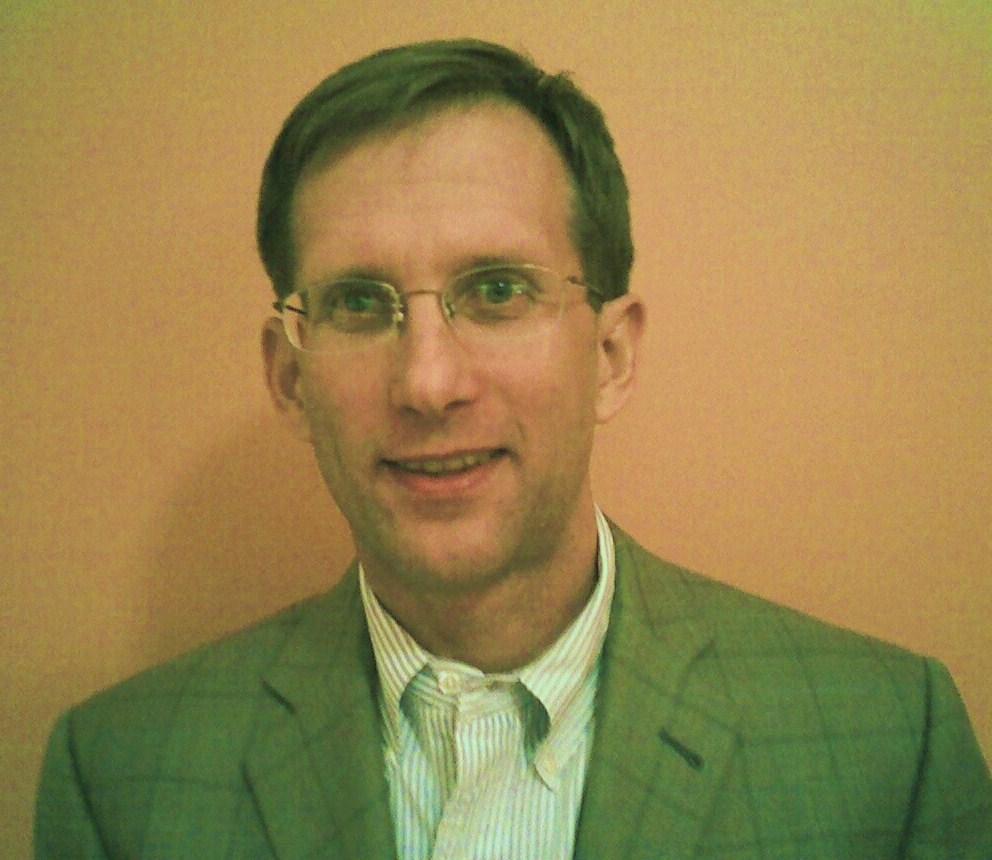 Pundits worry about the chilling effect that medical school debt -- which approaches $200,000, according to the AAMC -- has on our future physician workforce. If so, I'm wondering if health care should take a page out of a tactic being used for pro athletes: allow investors to buy shares of physicians' future income...To be honest, I'm not even really all that interested in securitizing physicians' incomes, even for those (relatively) poor primary care physicians. Complaints about incomes aside, most physicians do quite well financially and, of course, much better than in most other countries. What I'm interested in is having the data on physicians that such an approach would require.
Pundits worry about the chilling effect that medical school debt -- which approaches $200,000, according to the AAMC -- has on our future physician workforce. If so, I'm wondering if health care should take a page out of a tactic being used for pro athletes: allow investors to buy shares of physicians' future income...To be honest, I'm not even really all that interested in securitizing physicians' incomes, even for those (relatively) poor primary care physicians. Complaints about incomes aside, most physicians do quite well financially and, of course, much better than in most other countries. What I'm interested in is having the data on physicians that such an approach would require.
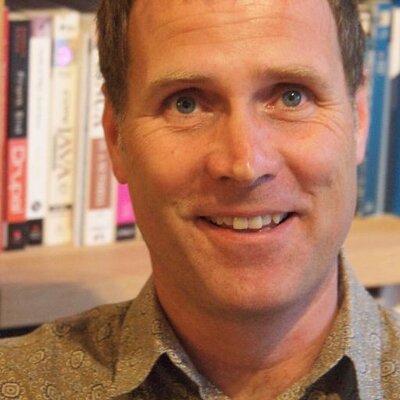 Open source has united Denmark’s public libraries, working together on an ‘open system of tools for cultural innovation, collaboration, and sharing of results in a digital society’. The TING community, in which libraries are developing open source solutions to help bring their services online, includes 50 of the country’s 98 municipalities. In the past six years, TING has gone beyond libraries, its mindset attracting other public administrations in the country, says community manager Niels Schmidt Petersen. The community has now been superseded by OS2, the Danish community for public administrations and open source.
Open source has united Denmark’s public libraries, working together on an ‘open system of tools for cultural innovation, collaboration, and sharing of results in a digital society’. The TING community, in which libraries are developing open source solutions to help bring their services online, includes 50 of the country’s 98 municipalities. In the past six years, TING has gone beyond libraries, its mindset attracting other public administrations in the country, says community manager Niels Schmidt Petersen. The community has now been superseded by OS2, the Danish community for public administrations and open source.
 Today's release by Wikileaks of what is believed to be the current and essentially final version of the intellectual property (IP) chapter of the Trans-Pacific Partnership (TPP) confirms our worst fears about the agreement, and dashes the few hopes that we held out that its most onerous provisions wouldn't survive to the end of the negotiations. Since we now have the agreed text, we'll be including some paragraph references that you can cross-reference for yourself—but be aware that some of them contain placeholders like “x” that may change in the cleaned-up text. Also, our analysis here is limited to the copyright and Internet-related provisions of the chapter, but analyses of the impacts of other parts of the chapter have been published by Wikileaks and others.
Today's release by Wikileaks of what is believed to be the current and essentially final version of the intellectual property (IP) chapter of the Trans-Pacific Partnership (TPP) confirms our worst fears about the agreement, and dashes the few hopes that we held out that its most onerous provisions wouldn't survive to the end of the negotiations. Since we now have the agreed text, we'll be including some paragraph references that you can cross-reference for yourself—but be aware that some of them contain placeholders like “x” that may change in the cleaned-up text. Also, our analysis here is limited to the copyright and Internet-related provisions of the chapter, but analyses of the impacts of other parts of the chapter have been published by Wikileaks and others.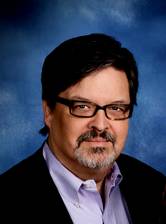 I think we've all read our fair share of reports about lessons learned and the challenges and opportunities for governments taking up open source software. Frankly, many of them seem a bit dry, and often repetitive. But one study I recently came across (that has not received much media coverage) stood out. Its predicate was different that most, recognizing the positive: open source software (OSS) "is being used in [the U.S.] government, as well as being released by the government (as both minor improvements and whole new projects), and the government is receiving benefits from doing so. However, many in government are unaware of this." In short, it appears to find the glass half filled—or better—rather than half empty...
I think we've all read our fair share of reports about lessons learned and the challenges and opportunities for governments taking up open source software. Frankly, many of them seem a bit dry, and often repetitive. But one study I recently came across (that has not received much media coverage) stood out. Its predicate was different that most, recognizing the positive: open source software (OSS) "is being used in [the U.S.] government, as well as being released by the government (as both minor improvements and whole new projects), and the government is receiving benefits from doing so. However, many in government are unaware of this." In short, it appears to find the glass half filled—or better—rather than half empty...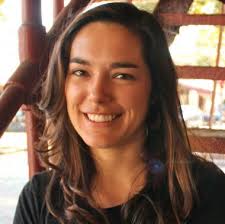 The Python Software Foundation's (PSF) Director Carol Willing is ready for the Grace Hopper Celebration of Women conference to start on October 14. One of the many highlights of her week will most definitely be the Open Source Day Codeathon, where some attendees will be making their very first contributions to open source. Carol will be mentoring coders for OpenHatch and the Systers' Volunteer Management System. OpenHatch matches people with projects, and Systers is the largest tech forum for women in the world. Learn more about these projects, and the PSF's role at Grace Hopper this year, in this interview.
The Python Software Foundation's (PSF) Director Carol Willing is ready for the Grace Hopper Celebration of Women conference to start on October 14. One of the many highlights of her week will most definitely be the Open Source Day Codeathon, where some attendees will be making their very first contributions to open source. Carol will be mentoring coders for OpenHatch and the Systers' Volunteer Management System. OpenHatch matches people with projects, and Systers is the largest tech forum for women in the world. Learn more about these projects, and the PSF's role at Grace Hopper this year, in this interview. Steve Posnack from ONC declared today IT Bonanza Day. The Interoperability Roadmap, CMS Meaningful Use Final Rules with a Comment Period (Stage 2 and 3) as well as the ONC 2015 Certification Rule were published today...Here’s my first impression: It remains to be seen how the comment period on the EHR Incentive Programs final rule will be used to align the Meaningful Use program with the Medicare Access and CHIP Reauthorization Act of 2015 (MACRA) effort. It would not surprise me that the CMS final rules are not really final...
Steve Posnack from ONC declared today IT Bonanza Day. The Interoperability Roadmap, CMS Meaningful Use Final Rules with a Comment Period (Stage 2 and 3) as well as the ONC 2015 Certification Rule were published today...Here’s my first impression: It remains to be seen how the comment period on the EHR Incentive Programs final rule will be used to align the Meaningful Use program with the Medicare Access and CHIP Reauthorization Act of 2015 (MACRA) effort. It would not surprise me that the CMS final rules are not really final...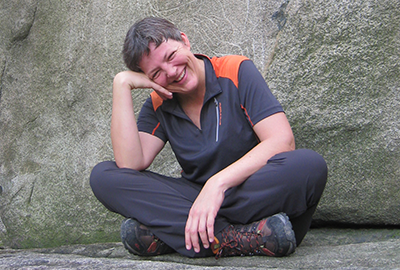 So the Nobel Prize is not only acknowledging this complete transformation of a Chinese herb through modern biomedical science into something powerfully efficacious, but also the millions of lives saved because of its successful application worldwide, particularly in the developing world. But there’s something else that marks Tu as extraordinary vis-à-vis both her two fellow Nobel Laureates for medicine, William C Campbell and Satoshi Ōmura, and her more Western medically oriented colleagues in pharmacology. She embodies, in both her history and her research, what I call medical bilingualism – the ability not only to read in two different medical languages but to understand their different histories, conceptual differences, and, most importantly for this unexpected news, potential value for therapeutic interventions in the present.
So the Nobel Prize is not only acknowledging this complete transformation of a Chinese herb through modern biomedical science into something powerfully efficacious, but also the millions of lives saved because of its successful application worldwide, particularly in the developing world. But there’s something else that marks Tu as extraordinary vis-à-vis both her two fellow Nobel Laureates for medicine, William C Campbell and Satoshi Ōmura, and her more Western medically oriented colleagues in pharmacology. She embodies, in both her history and her research, what I call medical bilingualism – the ability not only to read in two different medical languages but to understand their different histories, conceptual differences, and, most importantly for this unexpected news, potential value for therapeutic interventions in the present. There are three visions for the future of medicine in the seemingly insurmountable, but really rather minor, perpetual health care crisis in America. One future of medicine sees physicians unencumbered by useless administrative tasks, wielding sleek and useful technology tools, offering the best medical care to all patients who need and want attention. Another future is yearning for the revival of chickens and charity as bona fide methods of payment for whatever medical care the free market wishes to bestow on the less fortunate. The third and final future is one devoid of most middling and often faulty doctors, where the health of the nation is enforced by constant computerized surveillance with fully automated preemptive interventions. Each definition is amenable to slight compromises in form, but not at all in substance.
There are three visions for the future of medicine in the seemingly insurmountable, but really rather minor, perpetual health care crisis in America. One future of medicine sees physicians unencumbered by useless administrative tasks, wielding sleek and useful technology tools, offering the best medical care to all patients who need and want attention. Another future is yearning for the revival of chickens and charity as bona fide methods of payment for whatever medical care the free market wishes to bestow on the less fortunate. The third and final future is one devoid of most middling and often faulty doctors, where the health of the nation is enforced by constant computerized surveillance with fully automated preemptive interventions. Each definition is amenable to slight compromises in form, but not at all in substance. Using mobile phone data to track people’s movements can help predict how dengue fever spreads, epidemiologists have shown in Pakistan. The disease only appeared in northeast Pakistan in recent years, after being “largely confined” to the southern city of Karachi, the study says. As the transmission of the virus that causes dengue fever is partly driven by human travel, analysing how people move across the country allows researchers to predict when and where epidemics may break out.
Using mobile phone data to track people’s movements can help predict how dengue fever spreads, epidemiologists have shown in Pakistan. The disease only appeared in northeast Pakistan in recent years, after being “largely confined” to the southern city of Karachi, the study says. As the transmission of the virus that causes dengue fever is partly driven by human travel, analysing how people move across the country allows researchers to predict when and where epidemics may break out.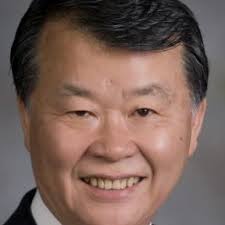 The IBM Center for The Business of Government is a successful advocate for the improvement of the effectiveness of government business that focuses on the future of operation and management. Recently, the center published a scholarly work comprised of case studies in healthcare entitled “Making Open Innovation Ecosystems Work.” It was written by a team of distinguished academics including Donald E. Wynn, Jr., Ph.D., Renee M.E. Pratt, Ph.D., and Randy V. Bradley, Ph.D., and OSEHRA was one of two cases chosen for analysis.
The IBM Center for The Business of Government is a successful advocate for the improvement of the effectiveness of government business that focuses on the future of operation and management. Recently, the center published a scholarly work comprised of case studies in healthcare entitled “Making Open Innovation Ecosystems Work.” It was written by a team of distinguished academics including Donald E. Wynn, Jr., Ph.D., Renee M.E. Pratt, Ph.D., and Randy V. Bradley, Ph.D., and OSEHRA was one of two cases chosen for analysis.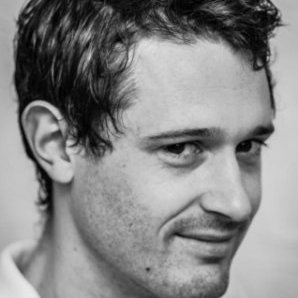 We are three students in the Bachelor of Computer Science second degree program at the University of British Columbia (UBC). As we each have cooperative education experience, our technical ability and contributions have increasingly become a point of focus as we approach graduation. Our past couple of years at UBC have allowed us to produce some great technical content, but we all found ourselves with one component noticeably absent from our resumes: an open source contribution. While the reasons for this are varied, they all stem from the fact that making a contribution involves a set of skills that goes far beyond anything taught in the classroom or even learned during an internship. It requires a person to be outgoing with complete strangers, to be proactive in seeking out problems to solve, and to have effective written communication...
We are three students in the Bachelor of Computer Science second degree program at the University of British Columbia (UBC). As we each have cooperative education experience, our technical ability and contributions have increasingly become a point of focus as we approach graduation. Our past couple of years at UBC have allowed us to produce some great technical content, but we all found ourselves with one component noticeably absent from our resumes: an open source contribution. While the reasons for this are varied, they all stem from the fact that making a contribution involves a set of skills that goes far beyond anything taught in the classroom or even learned during an internship. It requires a person to be outgoing with complete strangers, to be proactive in seeking out problems to solve, and to have effective written communication...